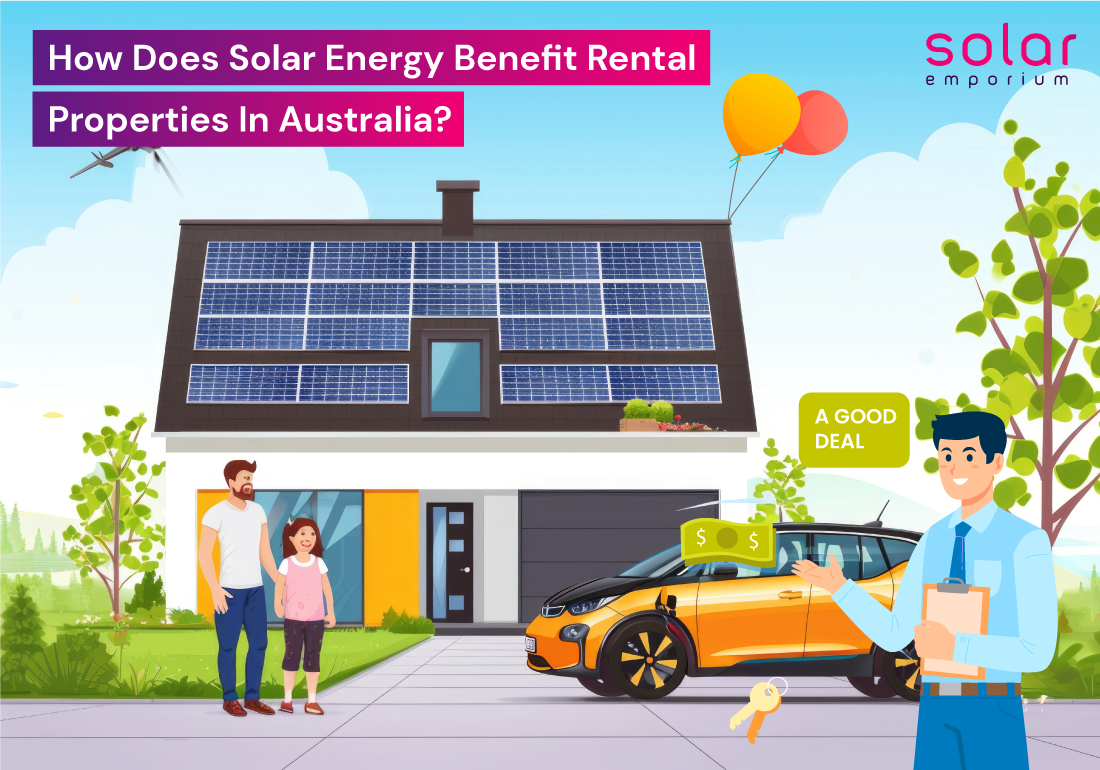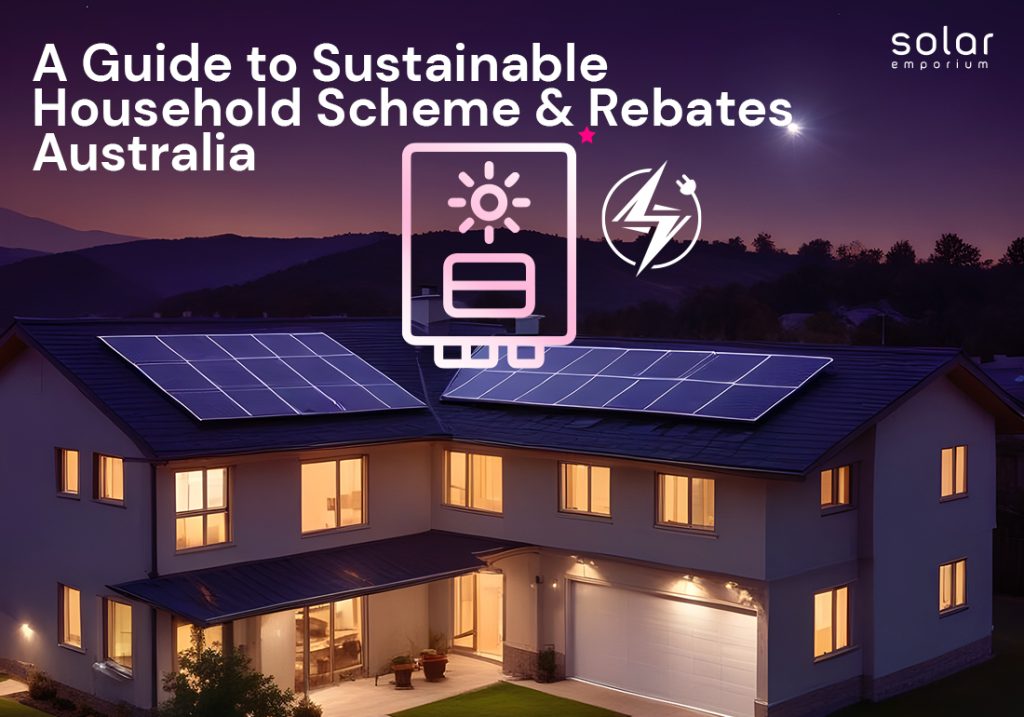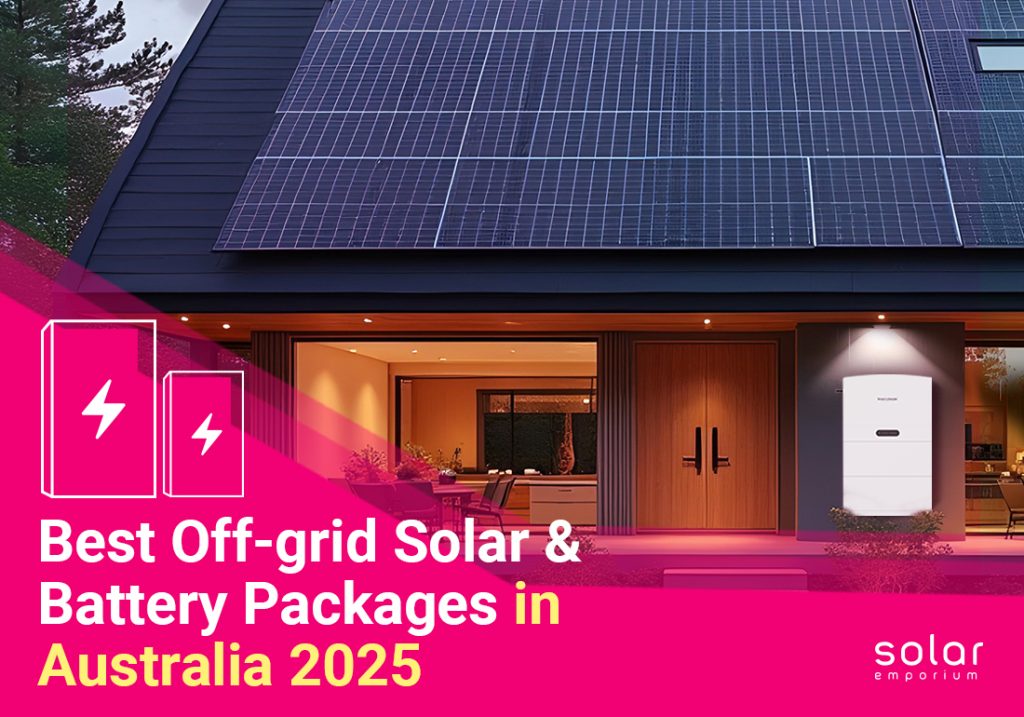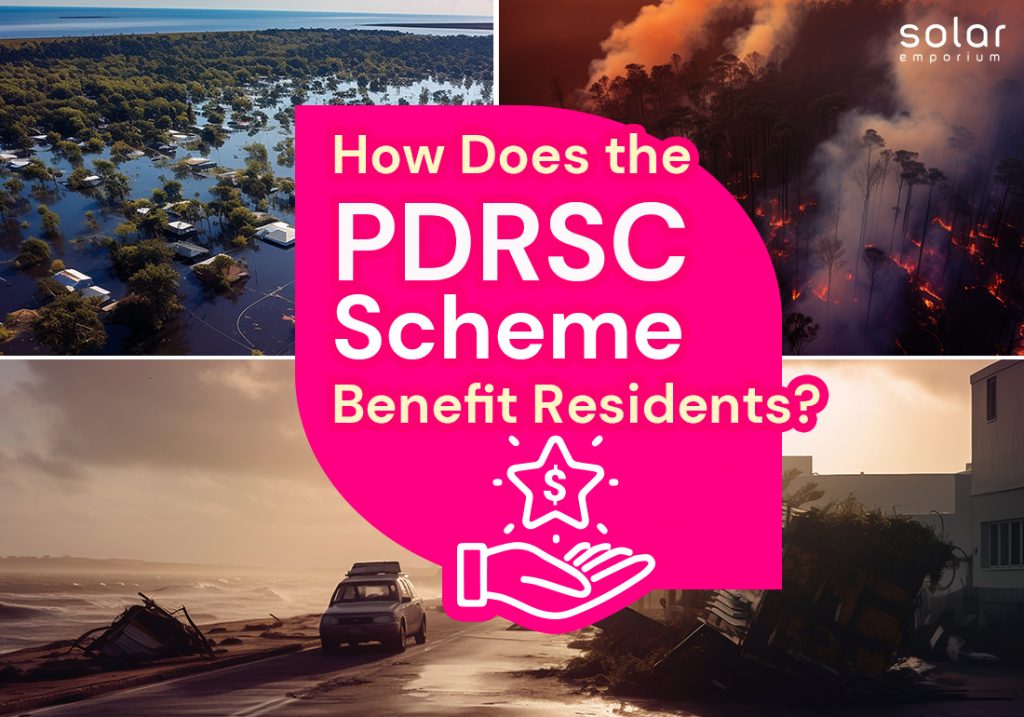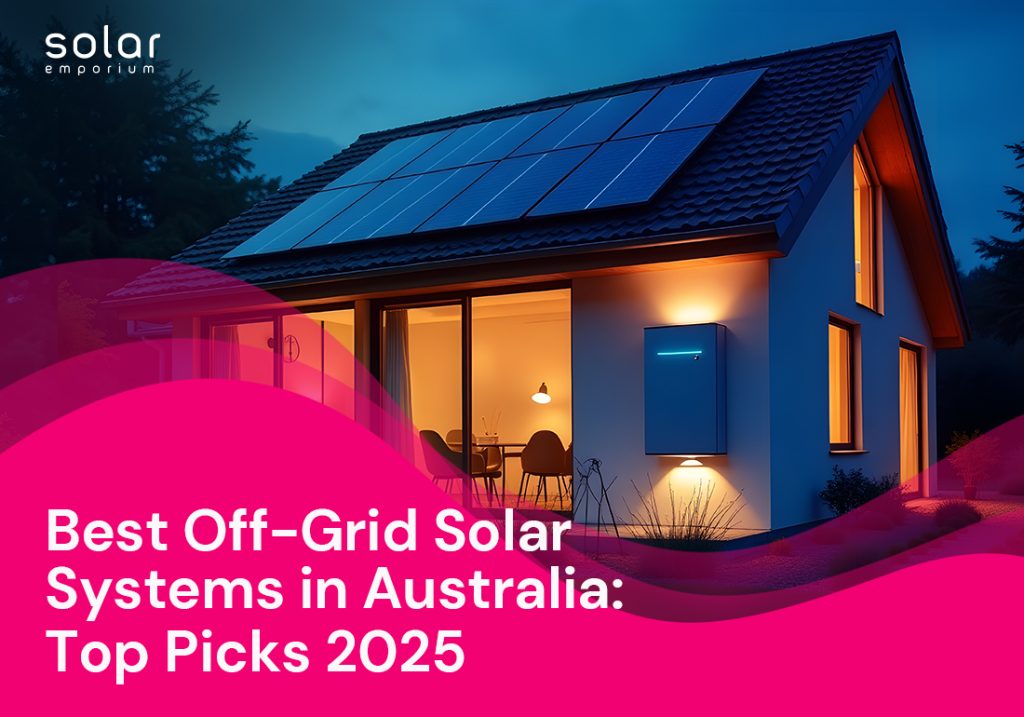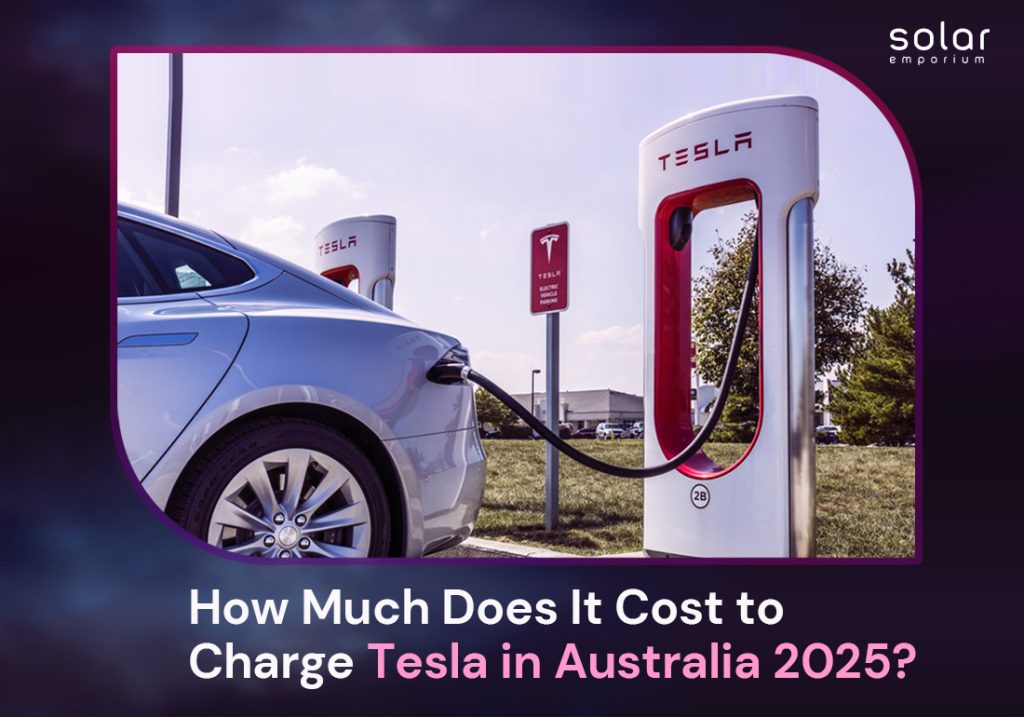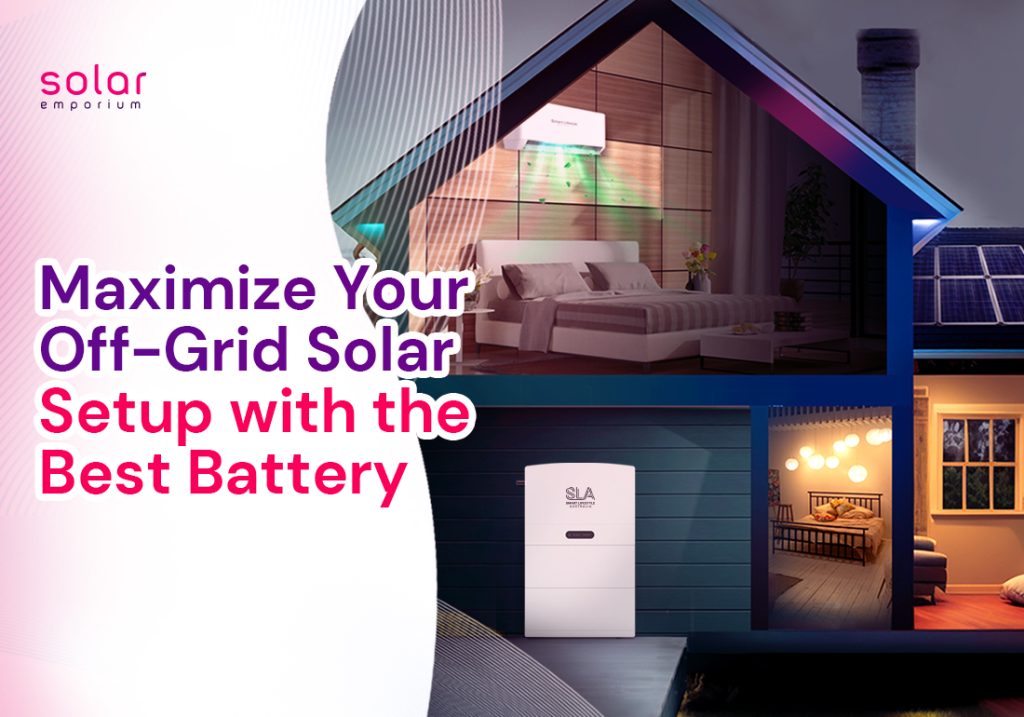Using solar panels on rooftops is suitable for everyone, not just people who own their property. However, some things could be improved when solar panels are installed in rented places.
Suppose you’re renting your home, business space, or a building where many people live, and a group owns the roof. This means you’ll have to ask for permission before installing solar panels on it.
Solar for Renters and Landlords
Solar power can benefit renters and landlords when set up in a rented home or business place.
For renters, solar panels mean their electricity bills can go down, mainly if they use electricity when the sun is shining and the panels are making power.
For landlords, having solar panels can:
- Make their property more attractive to potential renters
- Increase the chance that current renters will want to stay
- Possibly raise the rent they can charge
- Maybe make the property worth more if they decide to sell it
- Lower the amount of greenhouse gases the property produces
- Some costs can be taken off their taxes.
But sometimes landlords might hesitate to spend money on upgrades if the renters benefit without the landlord getting anything in return. This situation is called a “split incentive.” It applies to solar panels just like any other improvement to a property.
To solve this, landlords and renters can make a contract to determine who pays for what and who gets the benefits. It’s a good idea to talk to a legal advisor about this.
Do People Want to Buy Homes with Solar Panels?
When renters and businesses make a solar agreement, they must write down the terms in their rental agreement. Both the tenant and the landlord need to get legal advice. The agreement should talk about the following:
- Who pays for installing the solar panels
- Who’s in charge of paying back any loans for the solar panels
- Who owns the solar panels
- Who’s responsible for fixing or taking care of the solar panels
- Who gets the electricity made by the solar panels
- What happens when the rental agreement ends.
Some state or territory governments might help rental properties with solar subsidies. If the landlord doesn’t own the roof, like in a building with many apartments, they’ll need to ask for permission from the group that owns the building.
Solar for Apartments, Townhouses and Units
Putting solar panels on apartment buildings, townhouses, or units can be tricky because:
- The corporate body that owns the building’s roof might have different opinions about solar power.
- The roof of an apartment building is shared, so it has to be fair for everyone living there.
- Tall apartment buildings need more space on the roof for all the solar panels required.
- Installing solar panels on buildings like these can be more expensive because of technical stuff, like requiring special equipment to lift the panels onto the roof and long wires to connect everything.
These challenges can also happen with townhouses and units.
Here are some ways to install solar panels on buildings where many people live:
- Solar power is only used for common areas, like hallways or the lobby.
- Use solar power for just one apartment or unit.
- Use solar power for multiple flats or units.
If you own an apartment or a place like that, you should talk to the group that owns the building’s roof about the benefits of solar power because they have to agree before anything gets installed. If you rent, the first step is talking to your landlord.
Some state or territory governments might help with solar subsidies for apartment buildings. You can learn more about these rebates and loans.
Solar System Costs and Tax Implications for Landlords
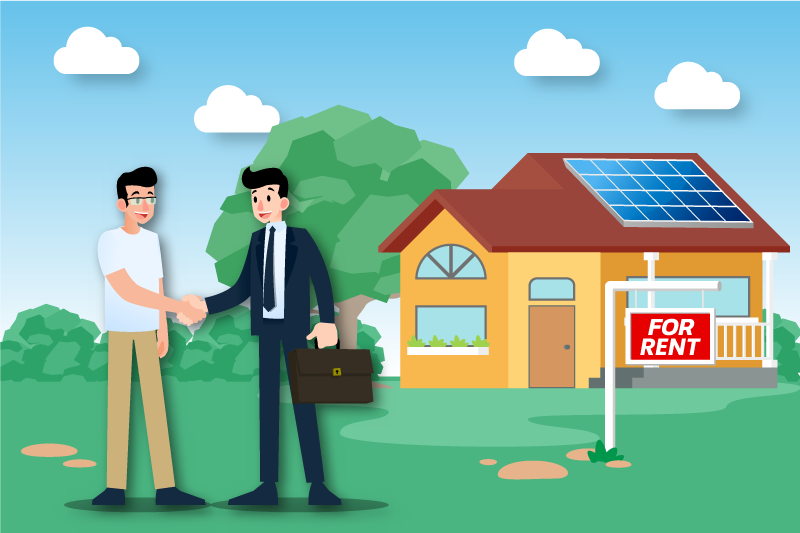
The cost of installing a solar panel system affects how long a landlord can repay the money they spend. When installing solar panels at your rental property, getting a few different price estimates is smart.
Using a retailer approved by the Clean Energy Council is also a good idea. They can tell you if your property is suitable for solar panels, what size system would work best, and how much the installation might cost.
You can get some money back for the solar panels’ cost through depreciation. Talk to your accountant about how having solar panels might change your taxes, or contact the Australian Taxation Office for more help.
Both landlords and tenants need to know what they’re responsible for when it comes to solar panels. This might include:
- Putting in the system if it’s new
- Paying the electricity bills
- Changing the rent
- Taking care of the solar panels
- Looking at data about how the solar panels are working (if there’s any)
When you start a new rental agreement, it’s a good idea to write down who’s in charge of what. This helps avoid arguments later.
Rental agreements should always be written, and the rules for renting out places in Australia should always be followed. Your property manager can help with this.
Solar panels usually need a check-up every few years to ensure they work well. It’s essential to have a qualified person do this.
If something goes wrong with the solar panels, it’s usually the landlord’s job to fix it. If the panels aren’t working right, tell your property manager or landlord so they can fix it as soon as possible.
How Solar Energy Benefits Rental Properties In Australia
Lower Electricity Bill:
Attracting Tenants:
Renters are becoming more environmentally conscious, and having solar panels can be a big selling point for your property.
Tenants may be more inclined to choose a rental property with solar panels because it shows that the landlord cares about the environment and offers potential savings on energy bills.
Increasing Property Value:
Government Incentives:
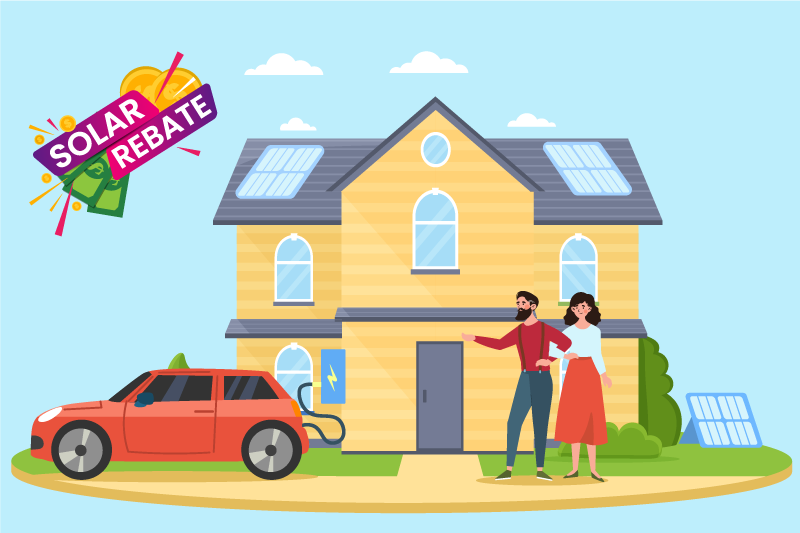
The Solar for Rentals program provides eligible rental providers with a rebate of up to $1,400 for installing solar panels (PV) on their property, lowering the initial costs of solar while increasing the value and appeal of their property.
Eligible rental providers may also apply for an interest-free loan of up to $1,400 to reduce the initial cost of the solar panel system.
Additionally, there are feed-in tariffs where excess electricity generated by the solar panels can be sold back to the grid, providing an additional source of income for landlords.
Long-Term Investment:
Solar panels have a long lifespan, typically around 25–30 years. Once installed, they require minimal maintenance and can continue generating electricity for many years.
This long-term investment can provide stable returns for landlords and ensure a steady renewable energy source for tenants.
Environmental Benefits:
Solar energy is clean and renewable, so it doesn’t produce harmful greenhouse gas emissions like traditional fossil fuels. By using solar power, rental properties can help reduce their carbon footprint and contribute to a cleaner environment.
Moreover, incorporating solar energy into rental properties in Australia can lead to cost savings, increased property value, and environmental benefits, making it a win-win for landlords and tenants.
Choosing the Best Solar Option for Your Rental Property
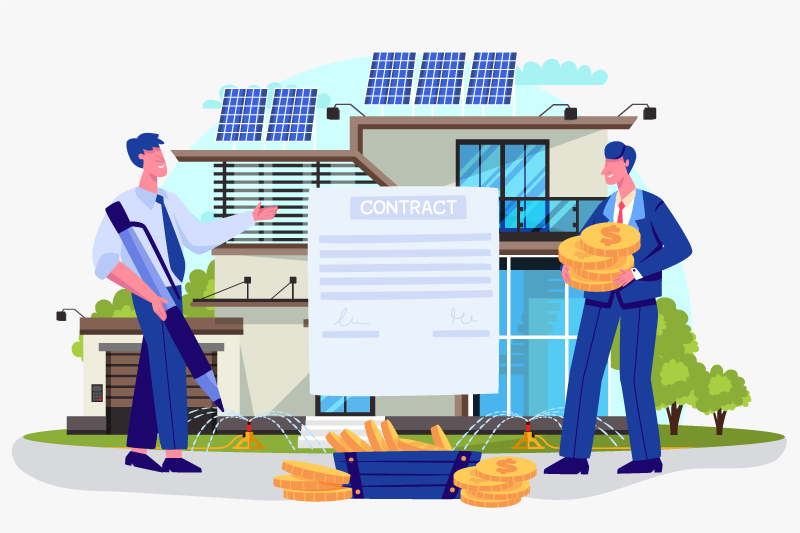
Choosing the right solar power for your rental property might feel overwhelming, but keeping a few crucial things in mind can be effortless.
Here are some things to think about when picking a solar power option:
Location:
Energy Consumption:
Resources:
Do Your Research:
Once you’ve thought about these things, consider different solar energy options. There are lots of websites and blogs online that can teach you about solar power for renters. Read what other renters have said about the services they’ve used.
Compare how much different solar power options cost, including how much it costs to put them in, keep them working, and pay for them each month.
Make sure you think about how much it’ll all cost the whole time you’re renting out your property. Also, pick a solar power company that’s good at helping their customers.
You might need help putting the solar panels in or fixing them, so having a company that’s easy to talk to is essential.
Solar Emporium is always ready to service all of your solar needs. Get a free solar quote today!
